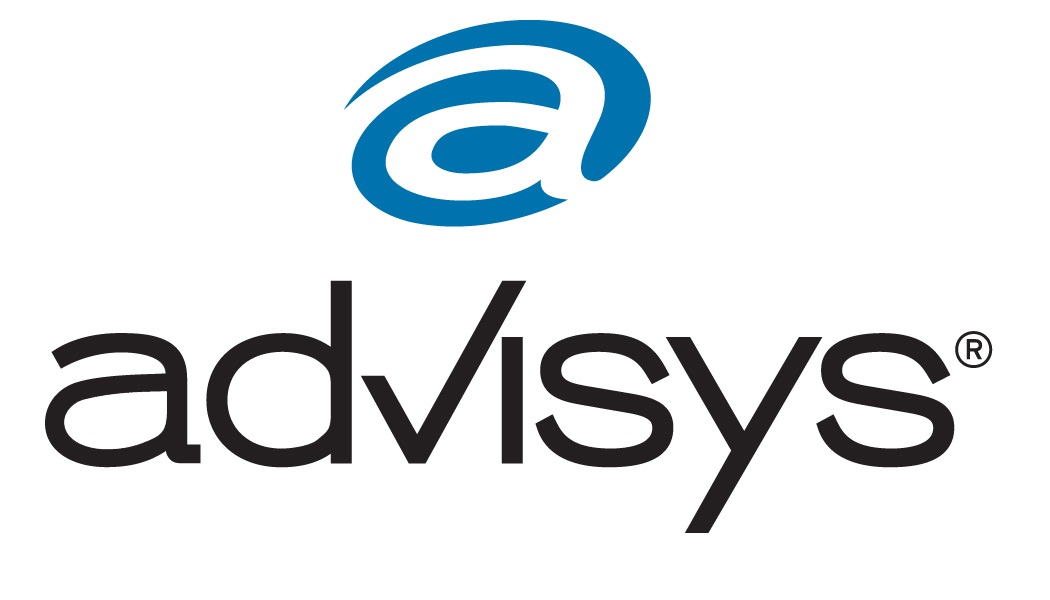What is COBRA coverage and how does it work?
Find out more information about COBRA eligibility and if your employer may be required to offer it.
An employer who has 20 or more full-time-equivalent employees on at least 50% of its working days during the prior year must meet the requirements of IRC Sec. 4980B, also known as COBRA.
Failure to comply with COBRA requirements may result in serious penalties.
Under COBRA, an employer must give his covered employees (including spouses and dependent children who are covered) the opportunity to elect continuation coverage under an employer-maintained group health plan (including plans to which the employer does not contribute financially) after any of the following events that would otherwise result in loss of coverage:
- The death of the covered employee.
- The divorce or legal separation of the covered employee.
- The termination of the employee's employment, unless for gross misconduct, or a reduction in hours that results in a loss of coverage.
- The covered employee becomes eligible for Medicare.
- A dependent child ceases to be covered by the plan due to his or her attained age.
- For retired employees, the filing by the employer for Chapter 11 bankruptcy.
Continuation coverage
The continued coverage offered must be identical to the coverage offered prior to the event causing the continuation.
The plan may require the covered employee (spouse or dependents) to pay a premium, but it generally cannot exceed 102% of the cost of the plan for a person in a similar situation.
Terminated employees and employees with reduced hours must be provided coverage for up to 18 months (up to 29 months if disabled [by Social Security definition] during the first 60 days of COBRA coverage). Widows, divorced spouses, spouses of employees or retirees who lose coverage due to Medicare eligibility and dependent children who become ineligible are given up to 36 months of coverage.
Each health plan must give written notice to each covered employee of his or her continuation coverage rights.
Notice and election requirements
COBRA contains detailed rules and timelines specifying when employers, covered employees and health plans/plan administrators must provide notices of certain events or take certain actions. The most important of these is the notice of an individual's right to elect continuation coverage. An individual normally has only 60 days from the date of the COBRA election notice (triggered by a loss of group health coverage due to one of the aforementioned events) in which to elect continuation coverage. If they do not elect continuation coverage during this period, they normally give up their rights under COBRA to choose continuation coverage.
The Department of Labor (DOL) has issued proposed changes to the required employer notices, to include information regarding the availability of health insurance coverage through the Patient Protection and Affordable Care Act (ACA) established healthcare marketplaces. This ACA coverage may be less expensive than that provided under COBRA.
Failure to comply
Employers who fail to comply with the COBRA Rules may incur an excise tax of $100 per qualified beneficiary for each day of noncompliance (with a maximum of $200 per day per covered family). COBRA Administrators who fail to provide the initial COBRA notice or the COBRA election notice when a qualifying event occurs are subject to a penalty of up to $110 per affected beneficiary per day under the Employee Retirement Income Security Act. If the failure to comply is not intentional, but due to reasonable cause, the maximum excise tax is limited to 10% of the prior year's group health plan costs (with a maximum of $500,000).
American Rescue Plan Act of 2021
The American Rescue Plan Act of 2021 provided for a 100% subsidy for COBRA premiums for a six-month period, April 1, 2021 - September 30, 2021, for individuals who had lost employment or who had reduced hours. A number of limitations and restrictions applied.





